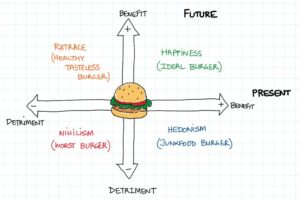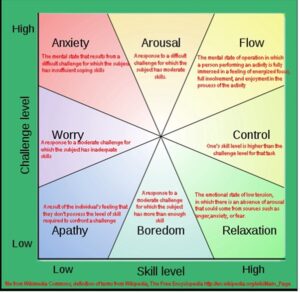Happier – Learn the Secrets to Daily Joy and Lasting Fulfillment
Author: Tal Ben-Shahar
Genre: Positive psychology, Self-Help
Tal Ben-Shahar taught two of the most popular classes in the history of Harvard University – Positive Psychology and The Psychology of Leadership. He also teaches leadership, happiness, resilience and mindfulness to MNCs. These teachings have made this book a New York Times bestseller.
Happiness – so near and yet so far. Plato taught the good life in his Academy, Aristotle opened his own school, Lyceum, to teach what he called flourishing. And Confucious went to each Chinese village to teach fulfilment. And yet, in US, rates of depression are 10 times higher today than half a century ago. Similarly, only 36% people (Britain survey) said they were very happy (down from 52% half a century ago). All this while individual wealth tripled in this same time period. So, the question of questions, “If we are so rich, why aren’t we happy?
We now know for sure that the pursuit and attainment of material goals fails to provide an experience of sustained well-being. There is a temporary high and then life goes on as before. David Myers found “a very low correlation between material wealth and happiness, except in cases of extreme poverty.” Similarly, Nobel laureate Daniel Kahneman wrote: “the belief that high income is associated with good mood is widespread but mostly illusory. People with above-average income… tend to be more tense, and do not spend more time in particularly enjoyable activities.”. And so on with other researchers.
The materialistic belief is widespread because we “value the measurable (material wealth and prestige) over the unmeasurable (emotions and meaning).” To clarify: “Having sufficient money to provide for food, shelter, education and other basic needs is essential to our well-being. However, beyond this, money or prestige need not – and, if happiness is accepted as the ultimate currency – be our central pursuits.”
Words like pleasure, bliss, ecstasy are often used interchangeably with happiness, but the former emotions are all fleeting, and while enjoyable and pleasurable, they are not the measure of happiness. In fact instead of the binary question ”Am I happy?”, the right question should be “How can I be happier?” Tal Ben-Shahar suggests this will require finding things that give both “pleasure and meaning”.






 This information will never be shared with third party
This information will never be shared with third party
Post A Comment
Want to join the discussion?Feel free to contribute!